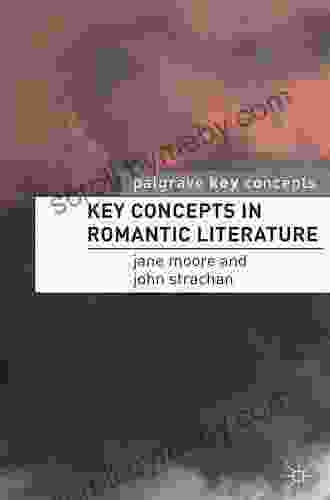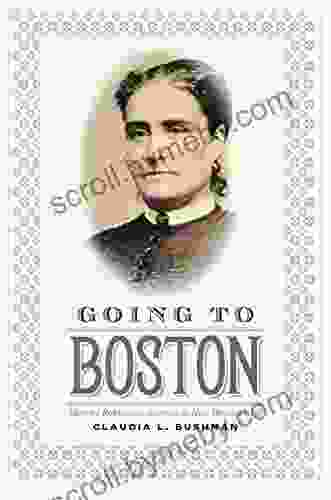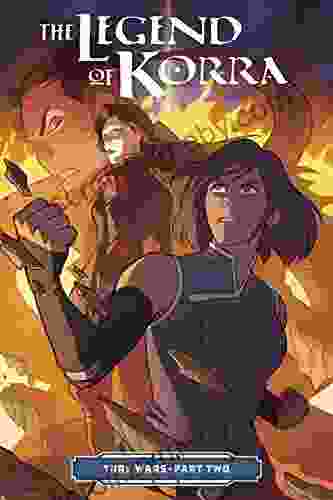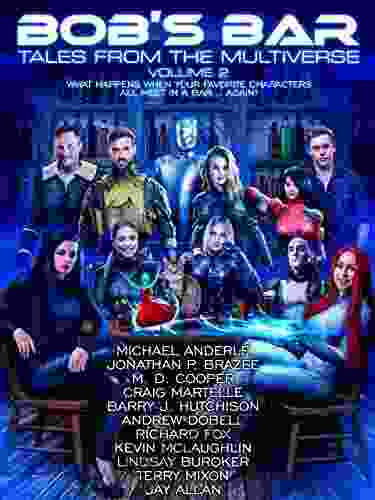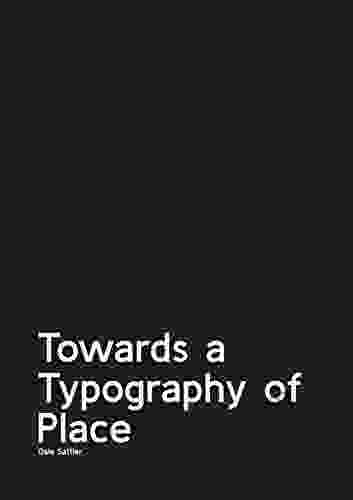Key Concepts in Romantic Literature: A Guide to the Romantic Era's Transformative Ideas

Step into the mesmerizing realm of Romantic literature, a literary revolution that swept across Europe in the late 18th and early 19th centuries. Characterized by its emphasis on emotion, imagination, and the individual, Romanticism left an indelible mark on the literary landscape, inspiring generations of writers and readers alike.
5 out of 5
| Language | : | English |
| File size | : | 4309 KB |
| Text-to-Speech | : | Enabled |
| Screen Reader | : | Supported |
| Enhanced typesetting | : | Enabled |
| Print length | : | 336 pages |
Nature: A Sanctuary of Wonder and Inspiration
For the Romantics, nature was not merely a backdrop but a living, breathing entity imbued with profound significance. They saw nature as a source of solace, inspiration, and a reflection of the divine. Poets like William Wordsworth and Samuel Taylor Coleridge celebrated the beauty and grandeur of the natural world, finding in it a source of spiritual connection and renewal.
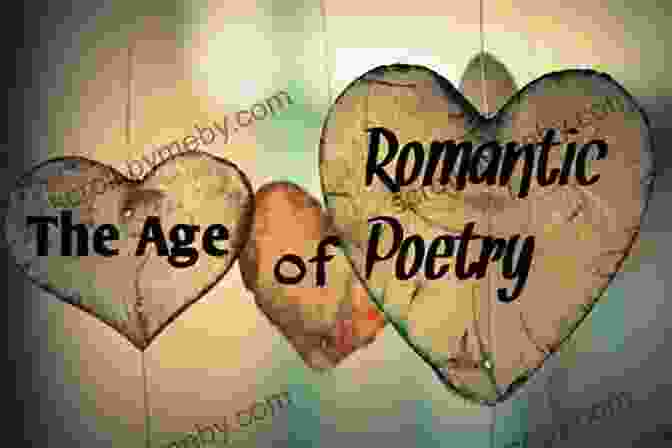
Imagination: A Boundless Canvas for Creativity
Romanticism placed great value on the power of imagination. The Romantics believed that imagination was not simply a tool for escapism but a fundamental aspect of human experience. It was through imagination that poets and writers could transcend the boundaries of reality and express the deepest recesses of their hearts and minds.
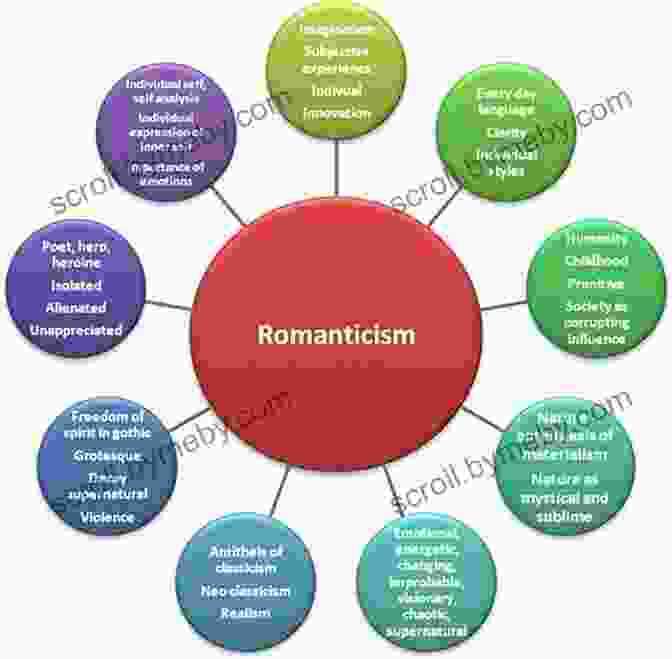
Emotion: The Unbridled Expression of Inner Experience
In an era marked by Enlightenment rationalism, the Romantics dared to embrace the power of emotion. They believed that emotions were not to be suppressed but celebrated as a vital part of human existence. Writers like Mary Shelley and Lord Byron explored the depths of passion, love, and despair, giving voice to the often-hidden emotions of the human heart.

Subjectivity: The Triumph of the Individual
Romanticism ushered in a shift from the objective, universal truths of the Enlightenment to a focus on the subjective experience of the individual. Romantic writers explored the complex inner worlds of their characters, revealing the unique perspectives and emotions that shaped their lives. This emphasis on subjectivity laid the foundation for modern psychological realism in literature.
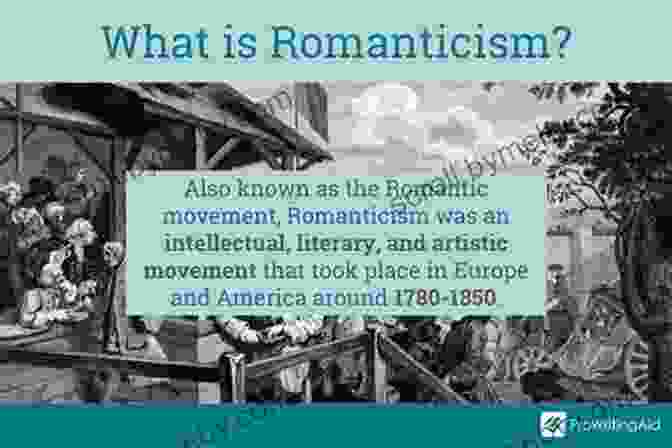
Individualism: A Celebration of the Self
Closely intertwined with subjectivity, individualism became a defining characteristic of Romantic literature. Romantic writers exalted the worth of the individual, rejecting the constraints of social conventions and embracing the freedom to express their unique identities. Heroes and heroines in Romantic novels and poems often defied societal norms, pursuing their passions and aspirations with unwavering determination.
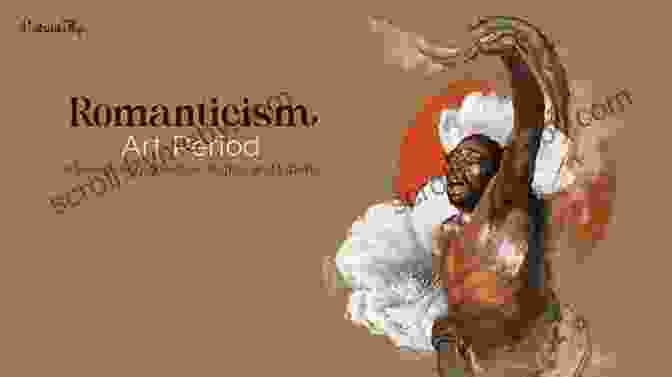
Transcendence: A Glimpse of the Divine
While the Romantics embraced the earthly world, they also sought to transcend its limitations. They believed that moments of intense emotion or communion with nature could offer glimpses of a higher reality. Poets like Percy Bysshe Shelley and John Keats explored themes of transcendence and the longing for the infinite, blurring the boundaries between the human and the divine.
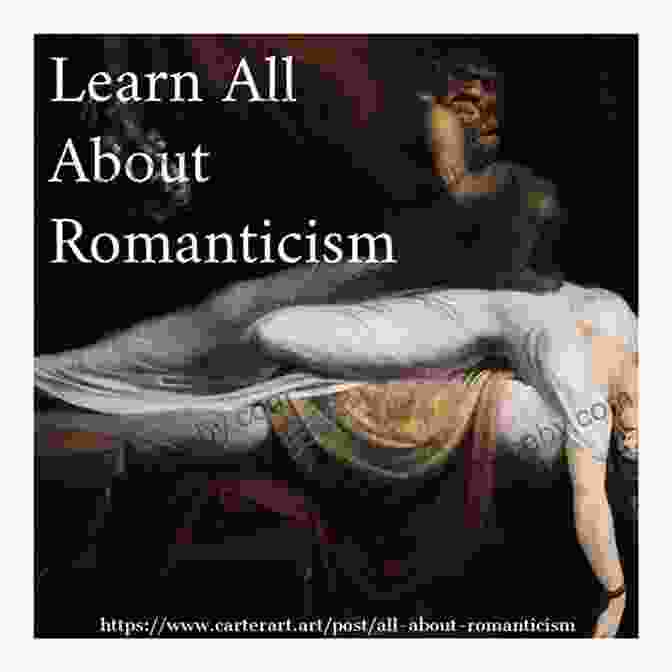
The key concepts of Romantic literature continue to resonate with readers today. By embracing emotion, imagination, and the individual, Romanticism fostered a profound appreciation for the beauty and complexity of human experience. As we delve into the works of Romantic poets and writers, we gain a deeper understanding of our own emotions, the power of creativity, and the enduring human quest for meaning and transcendence.
Immerse yourself in the transformative world of Romantic literature with our comprehensive guide to key concepts. Discover the insights, passion, and imagination that fueled this extraordinary era and continue to inspire generations of literary enthusiasts.
5 out of 5
| Language | : | English |
| File size | : | 4309 KB |
| Text-to-Speech | : | Enabled |
| Screen Reader | : | Supported |
| Enhanced typesetting | : | Enabled |
| Print length | : | 336 pages |
Do you want to contribute by writing guest posts on this blog?
Please contact us and send us a resume of previous articles that you have written.
 Book
Book Novel
Novel Page
Page Chapter
Chapter Text
Text Story
Story Genre
Genre Reader
Reader Library
Library Paperback
Paperback E-book
E-book Magazine
Magazine Newspaper
Newspaper Paragraph
Paragraph Sentence
Sentence Bookmark
Bookmark Shelf
Shelf Glossary
Glossary Bibliography
Bibliography Foreword
Foreword Preface
Preface Synopsis
Synopsis Annotation
Annotation Footnote
Footnote Manuscript
Manuscript Scroll
Scroll Codex
Codex Tome
Tome Bestseller
Bestseller Classics
Classics Library card
Library card Narrative
Narrative Biography
Biography Autobiography
Autobiography Memoir
Memoir Reference
Reference Encyclopedia
Encyclopedia Clay Bonnyman Evans
Clay Bonnyman Evans Joanne Fink
Joanne Fink Clint Smith
Clint Smith Cynthia A Robertson
Cynthia A Robertson Couriosity Inc
Couriosity Inc Cliff Kuang
Cliff Kuang Mami Wata
Mami Wata Nancy Romita
Nancy Romita Craig Hatkoff
Craig Hatkoff Conner Gorry
Conner Gorry Cristina Marques
Cristina Marques Jane Wilson Howarth
Jane Wilson Howarth D M Alon
D M Alon Francis Fukuyama
Francis Fukuyama David Cowan
David Cowan Courtney Macavinta
Courtney Macavinta Dr Michael J Goldberg
Dr Michael J Goldberg D M Potter
D M Potter Cullen Bunn
Cullen Bunn Gregory N Brown
Gregory N Brown
Light bulbAdvertise smarter! Our strategic ad space ensures maximum exposure. Reserve your spot today!
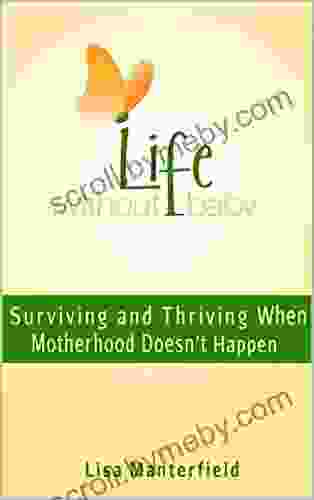
 Vincent MitchellSurviving and Thriving When Motherhood Doesn't Happen: A Journey of Hope and...
Vincent MitchellSurviving and Thriving When Motherhood Doesn't Happen: A Journey of Hope and...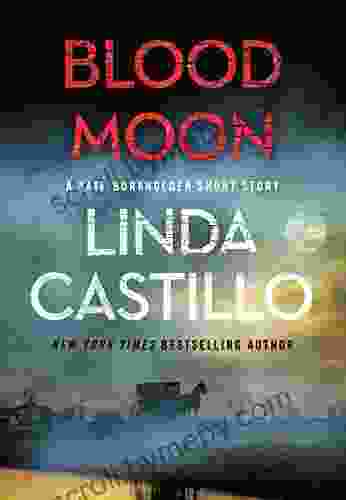
 John Dos PassosBlood Moon: Unraveling the Intricate Web of Secrets and Crimes in Amish...
John Dos PassosBlood Moon: Unraveling the Intricate Web of Secrets and Crimes in Amish... Neil ParkerFollow ·9.5k
Neil ParkerFollow ·9.5k Bob CooperFollow ·16.1k
Bob CooperFollow ·16.1k Jarrett BlairFollow ·9.7k
Jarrett BlairFollow ·9.7k Colton CarterFollow ·12.2k
Colton CarterFollow ·12.2k Lucas ReedFollow ·4.6k
Lucas ReedFollow ·4.6k Phil FosterFollow ·13.1k
Phil FosterFollow ·13.1k Wade CoxFollow ·18.2k
Wade CoxFollow ·18.2k Duane KellyFollow ·6.2k
Duane KellyFollow ·6.2k
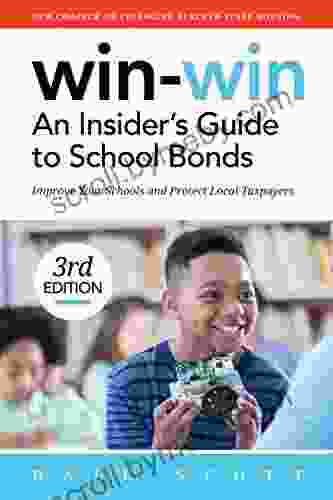
 Cruz Simmons
Cruz SimmonsUnveiling the Secrets: An Insider Guide to School Bonds...
Unlock the Power of School...
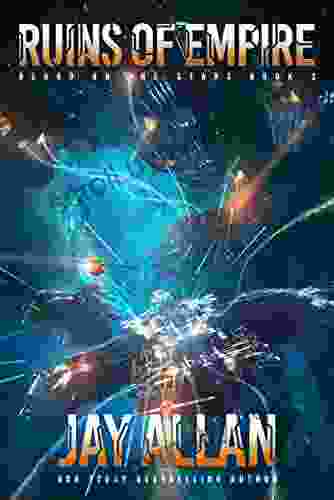
 Gil Turner
Gil TurnerRuins of Empire: Blood on the Stars - The Epic Space...
Ruins of Empire: Blood on the Stars is the...
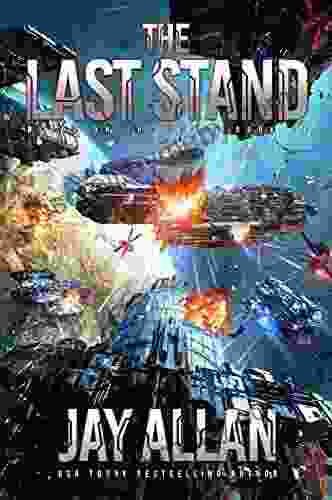
 Allen Ginsberg
Allen GinsbergPrepare for the Ultimate Space Opera: Delve into The Last...
Embark on an...
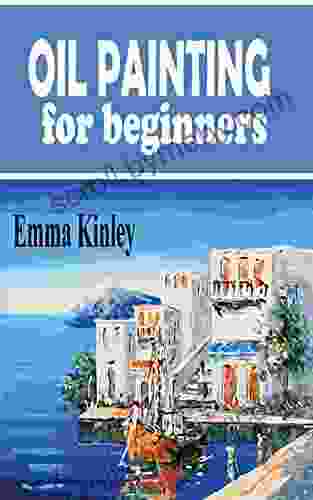
 Anton Foster
Anton FosterUnleash Your Inner Artist: The Ultimate Guide to Oil...
Chapter 1: The...
5 out of 5
| Language | : | English |
| File size | : | 4309 KB |
| Text-to-Speech | : | Enabled |
| Screen Reader | : | Supported |
| Enhanced typesetting | : | Enabled |
| Print length | : | 336 pages |


